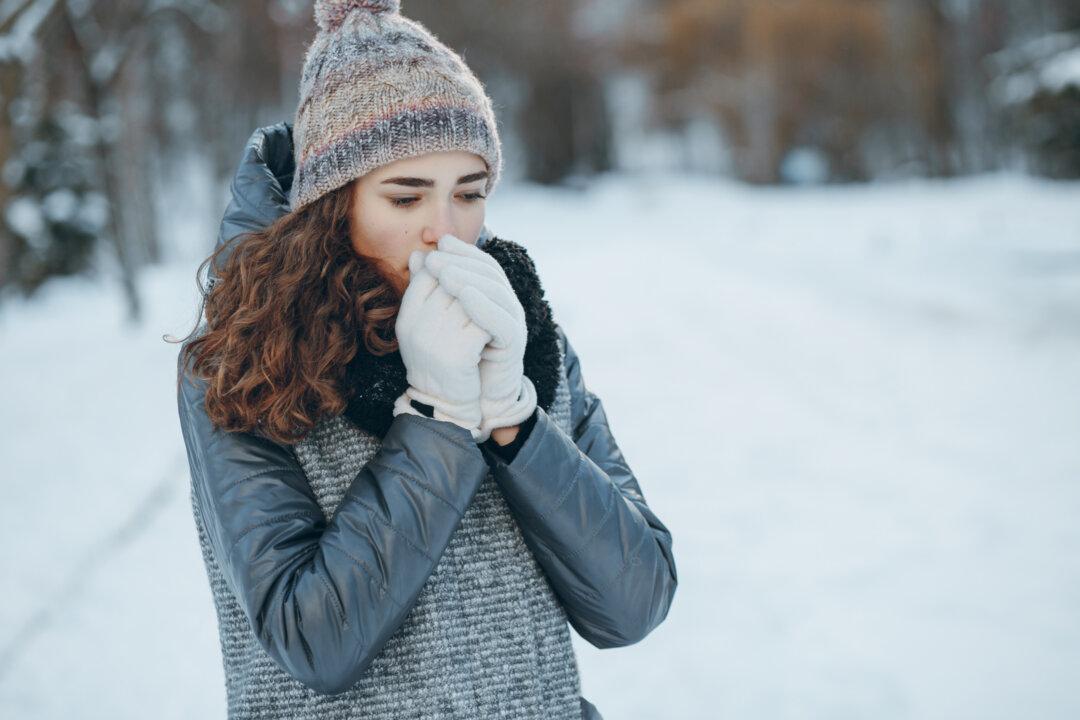It’s the season for fuzzy sweaters and heavy coats, as well as colds and flu. But what does cold weather have to do with catching a cold?
Why Cold Weather Causes Colds
And how to protect yourself from winter’s wrath with ancient Chinese wisdom

It's important to make sure you are in good shape before winter arrives. Stock-Studio/Shutterstock
|Updated:





